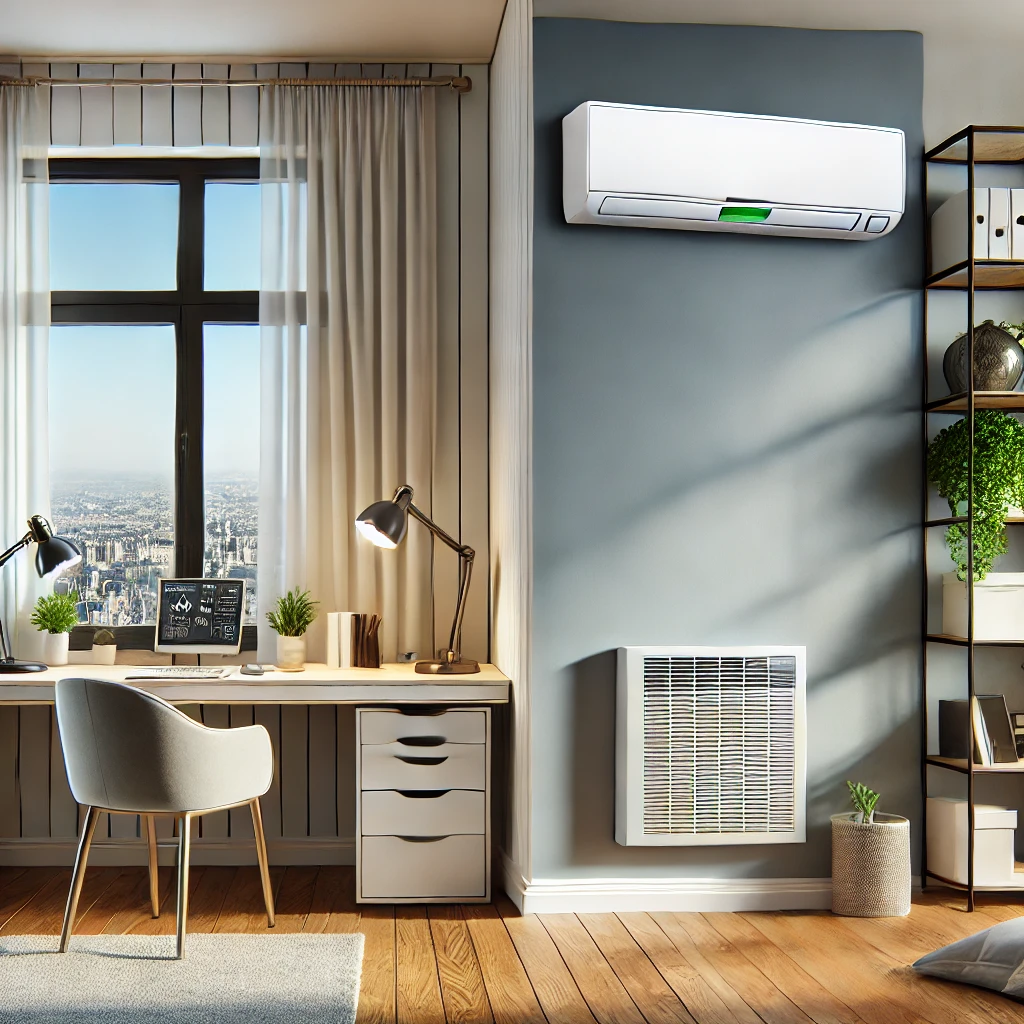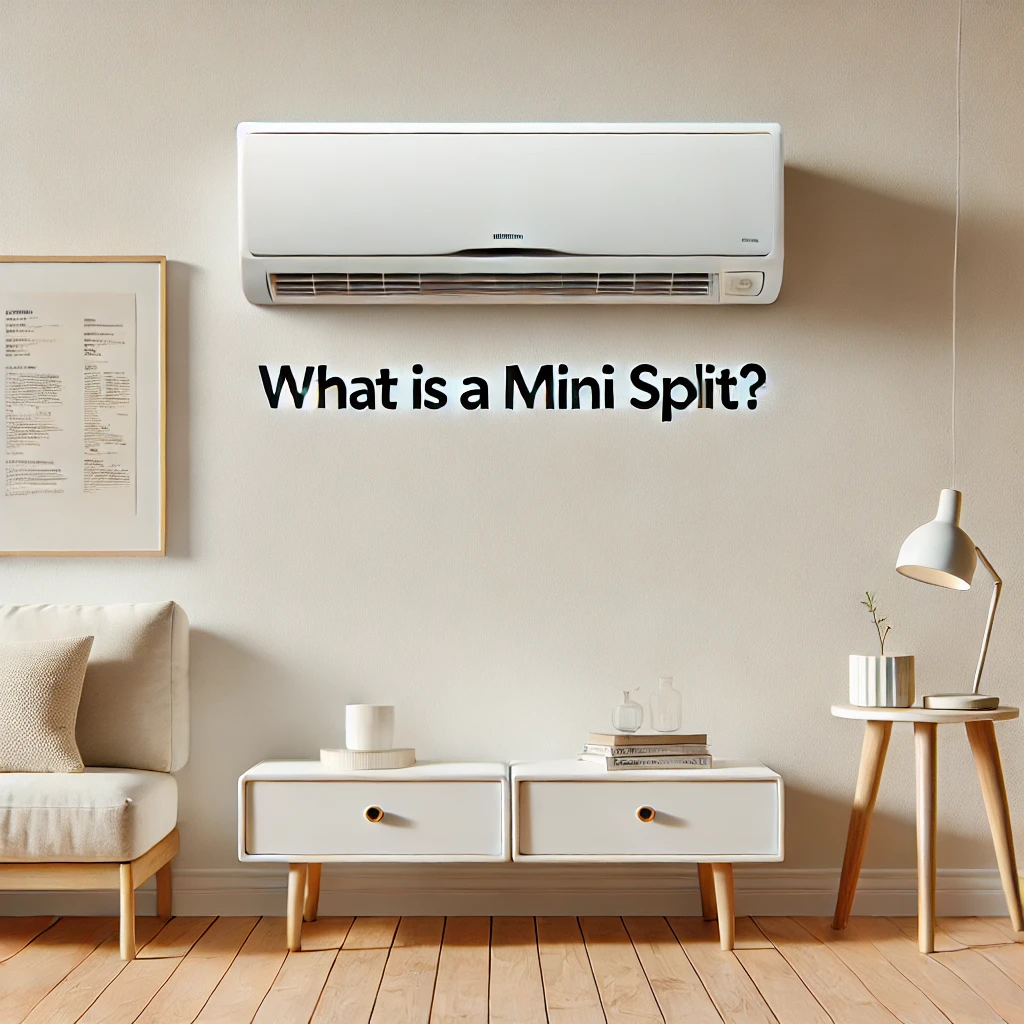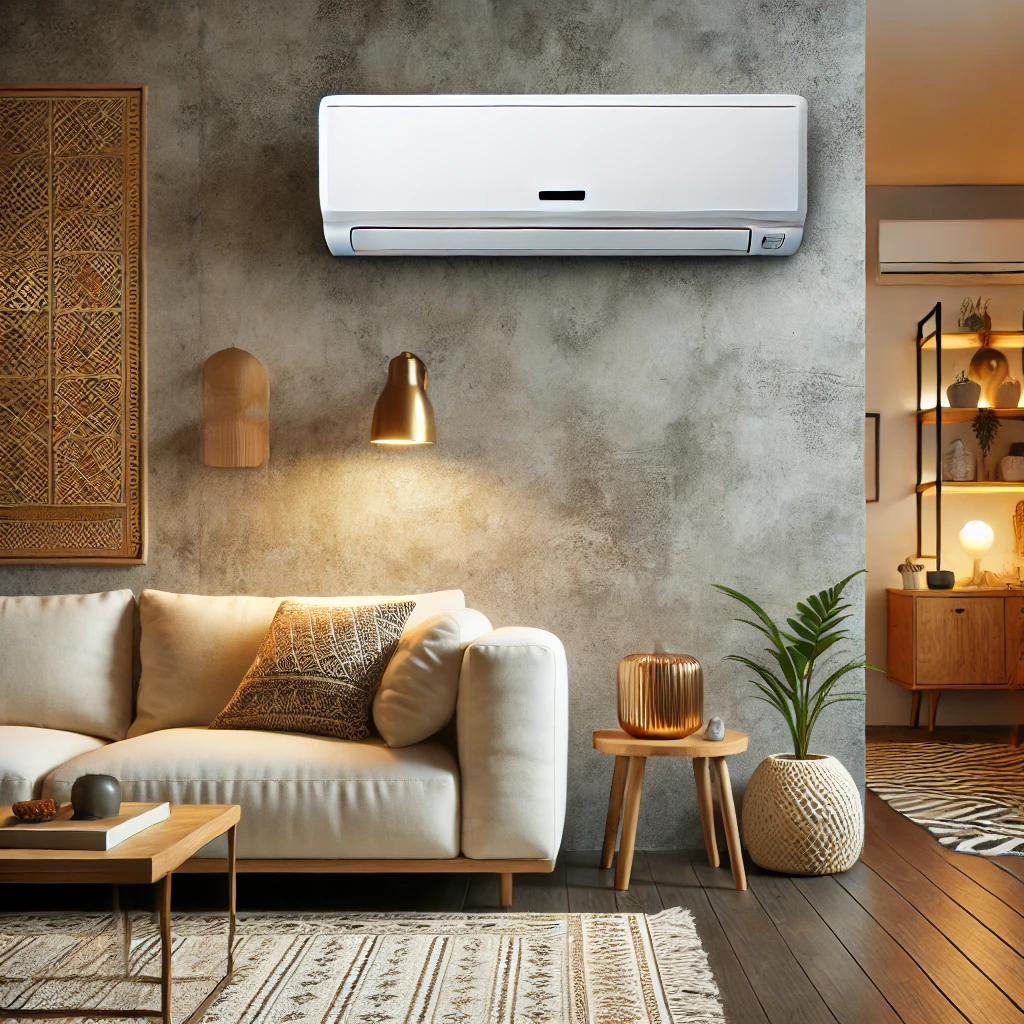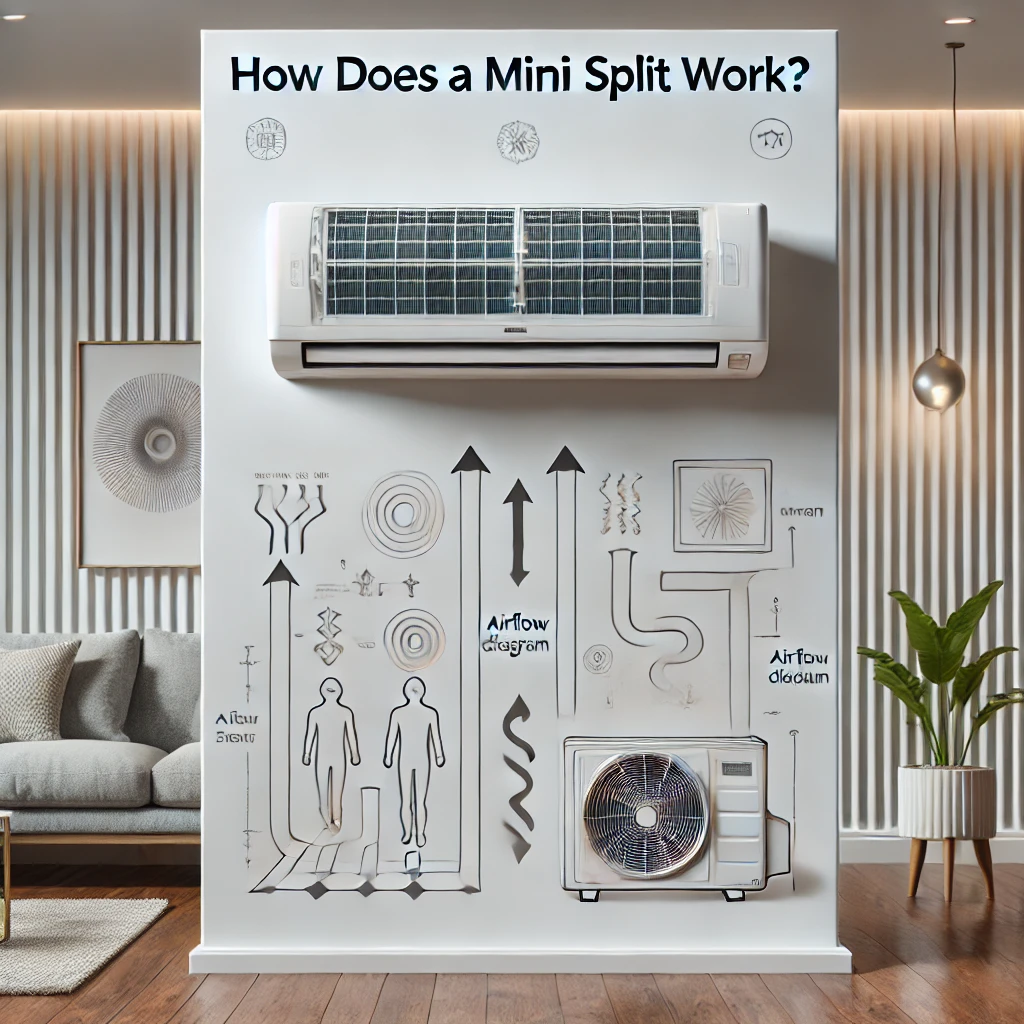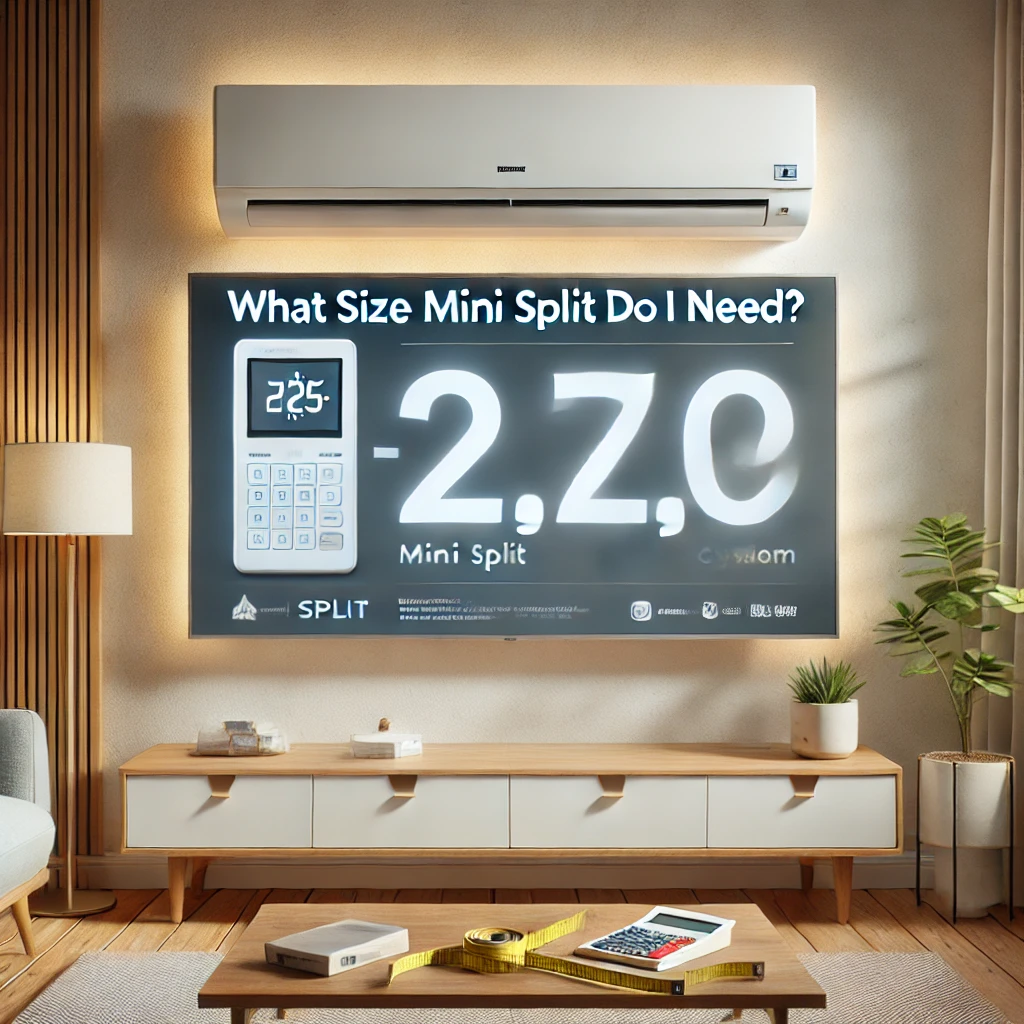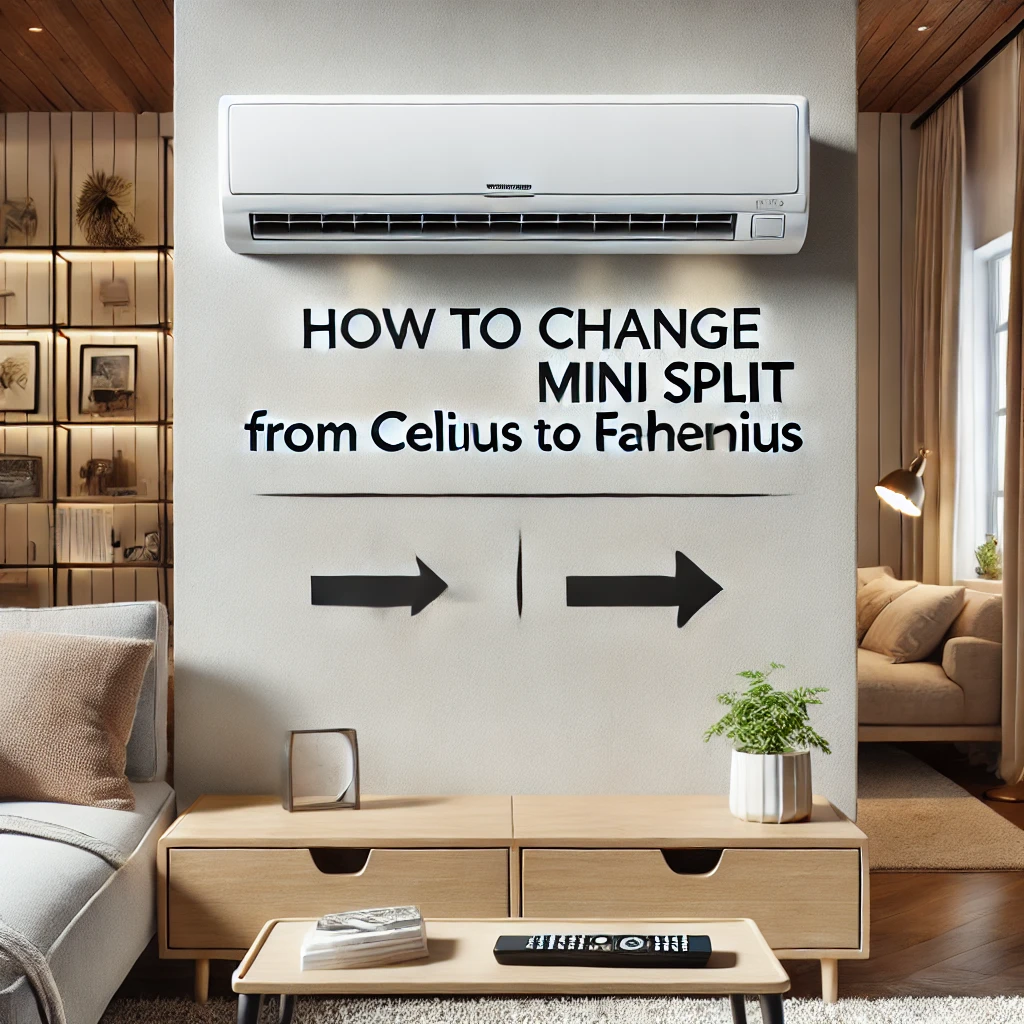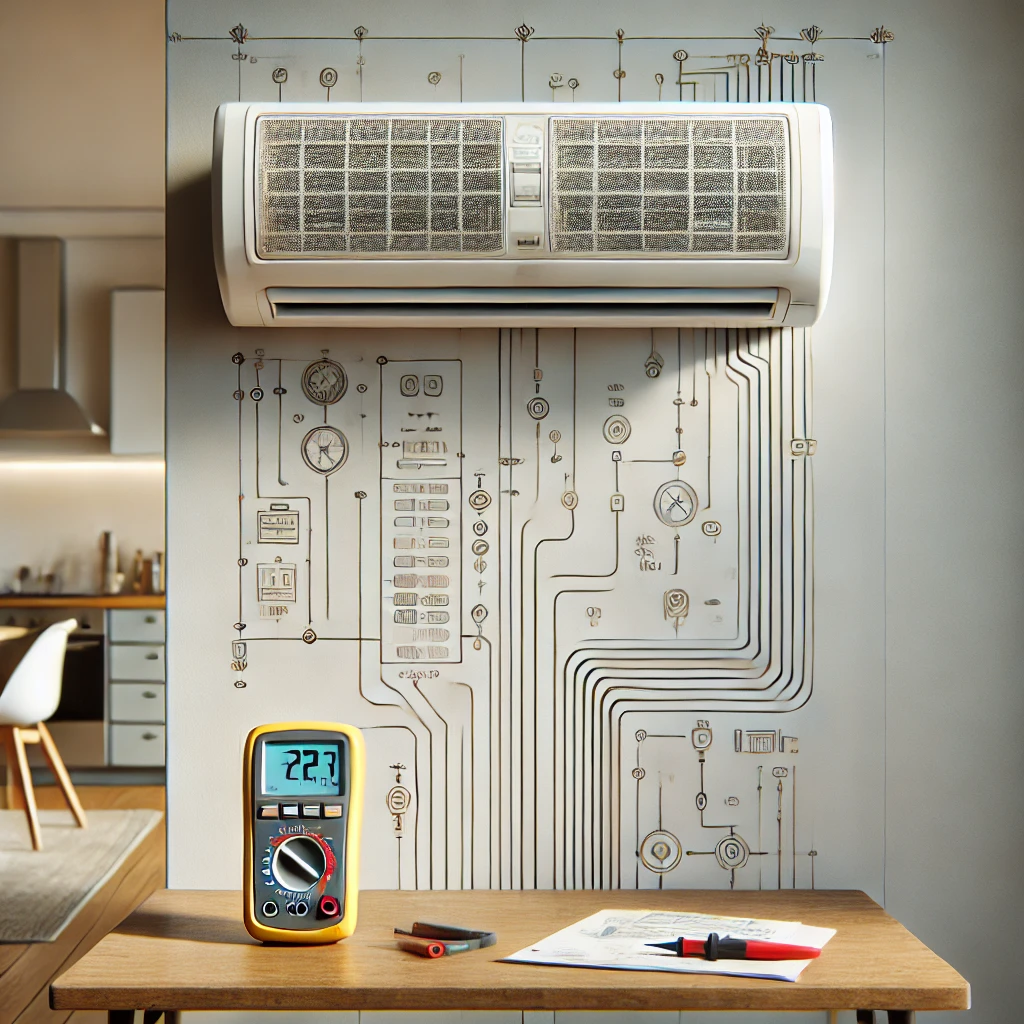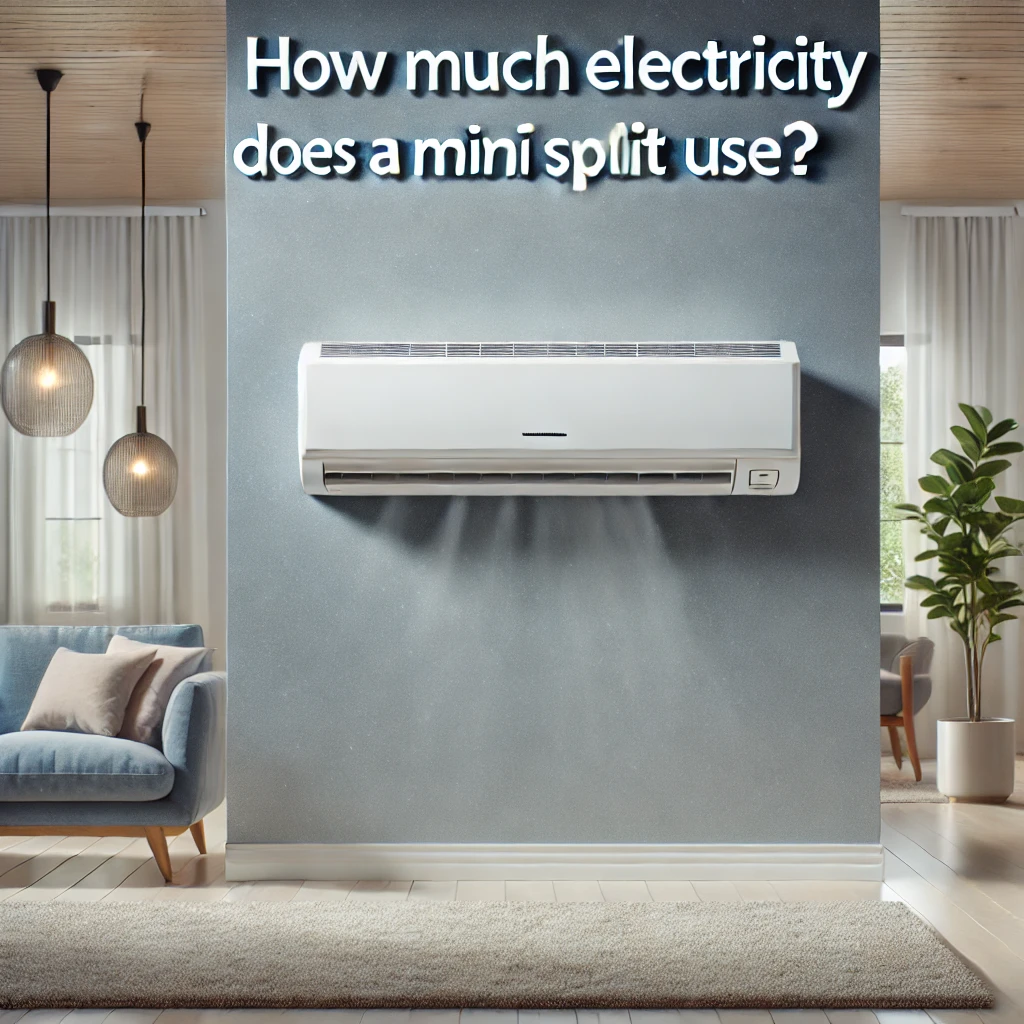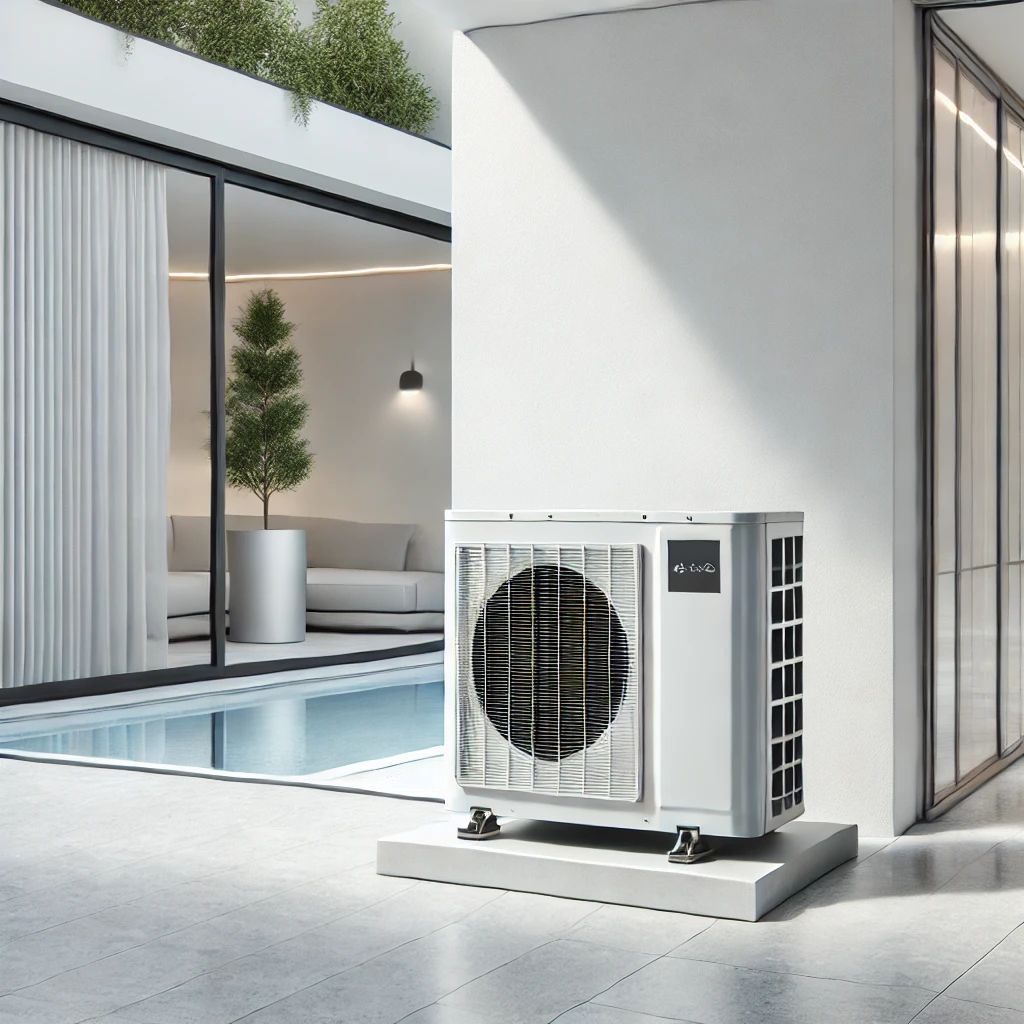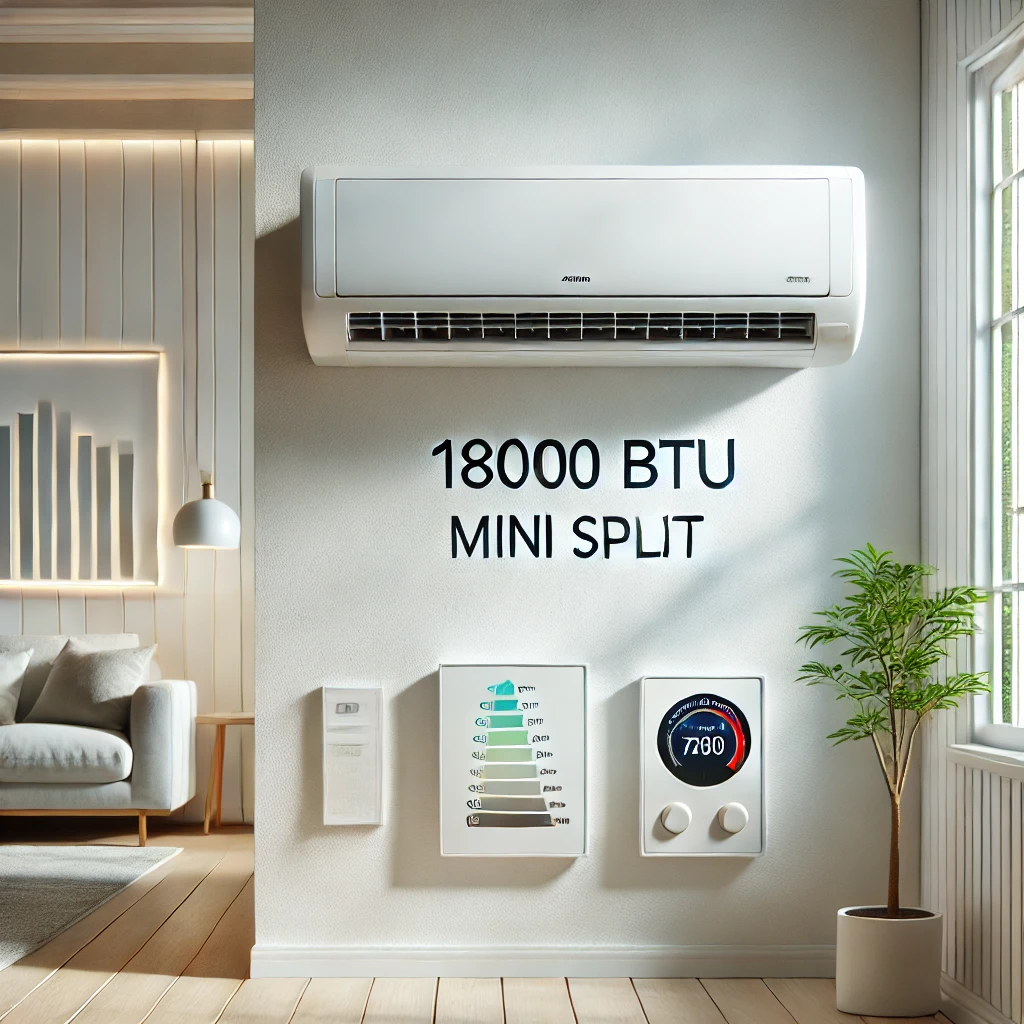Answer:
Yes, mini splits are significantly more efficient than baseboard heating. With advanced inverter technology and the ability to transfer heat rather than generate it, mini splits can save homeowners up to 50% on energy costs compared to electric baseboard heaters. Based on our years of experience, we’ve consistently found mini splits to be a superior choice for energy-conscious homeowners.
More On “Are Mini Splits More Efficient Than Baseboard Heat?”
The efficiency of mini splits lies in their design. Unlike baseboard heaters, which convert electricity directly into heat, mini splits use a heat pump mechanism to transfer heat from the outdoor air into your home. This process is much more energy-efficient, as it requires less electricity to achieve the same level of comfort. In our experience, clients who switch from baseboard heating to mini splits often see immediate reductions in their energy bills.
Another advantage of mini splits is their ability to provide zoned heating and cooling. With baseboard heaters, you typically need a unit in each room, all operating independently. Mini splits, on the other hand, can condition multiple zones from a single outdoor unit, allowing for more precise temperature control and reduced energy waste. From our perspective, this versatility makes mini splits ideal for homes of all sizes.
In terms of environmental impact, mini splits also have the upper hand. Their high energy efficiency means fewer greenhouse gas emissions, especially when paired with renewable energy sources like solar power. Over the years, we’ve seen many homeowners make the switch to mini splits not just for the cost savings, but also for the environmental benefits. For anyone looking to upgrade from baseboard heating, mini splits offer a more efficient, sustainable, and comfortable solution.
